Better in Winter: Waxing and basic slide care
Whether you alpine ski, cross country, or snowboard, properly waxing and caring your gear will increase your enjoyment. The wax might make you go faster, but the significant benefit is turning easier. The post Better in Winter: Waxing and...
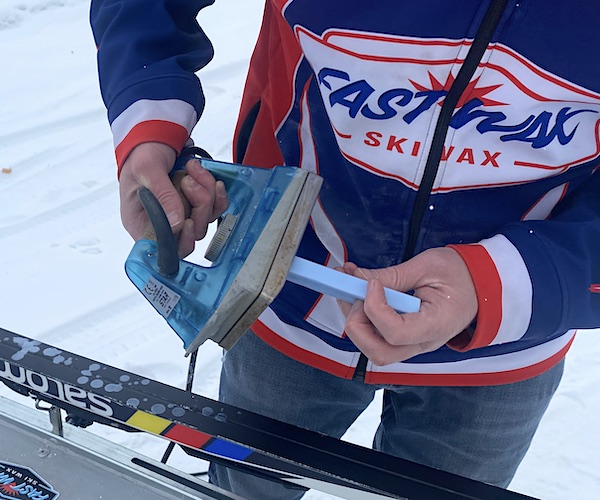
Whether you alpine ski, cross country, or snowboard, properly waxing and caring your gear will increase your enjoyment. The wax might make you go faster, but the significant benefit is turning easier. The other side of the sliding coin is that gear that has a little maintenance is more predictable, a nice thing if you don’t perform the activity daily. And a little bit of care for a few minutes will make the gear last longer. Many the tools are portable and easy to take with you on a slide trip, as some wax every other day keeps the gear performing optimally.

Keep gear ready
As soon as the season is over, or after a long trip, or before the next one that is the ideal time for the slide hobbyist to give the gear a once over. In most cases, bases are much more durable than in the past, so the need to repair rock gashes and the like is minimal. Primary edge care and waxing are elementary with a kit like the Toko All Inclusive Wax/Care Set. You can get nicks off the edges, bevel or adjust the edge angle with the little tool to your preference, sharpen as needed, and then hot wax with the special iron. They include three temperatures of waxes, so you can take on any snow temperature range. If you are storing for a while or over the summer, put a trash bag over the binding to keep out dirt and take spring tension off the bindings. If you live in a humid environment, a little bit of light oil on the metal edges will keep rust off.
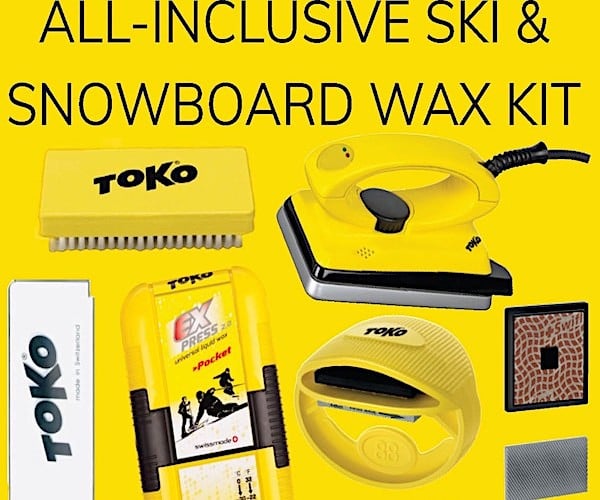
Hot wax is very, very good
Hot wax is the sliding standard, and you need a good hard wax. ZUMWax makes an all-temperature racing wax, with another option MountainFlow Eco-Wax, which is plant-based. Most slide bases are sintered, which means they have microscopic pores in the bottom, which hold wax, especially when applied warm. The procedure is simple: find a flat bench, a set of holders, or a particular set of ski vises. After other things like taking off edge burrs with a diamond stone (travel with this for sure!), making sure the base is clean and dry, set the iron on low, and drip the hard wax on the surface. Get it to liquid, not smoking, and continue working the wax into the base. Wait until the wax is fully cool, scrape of the excess with a plastic scrapper, and polish it.
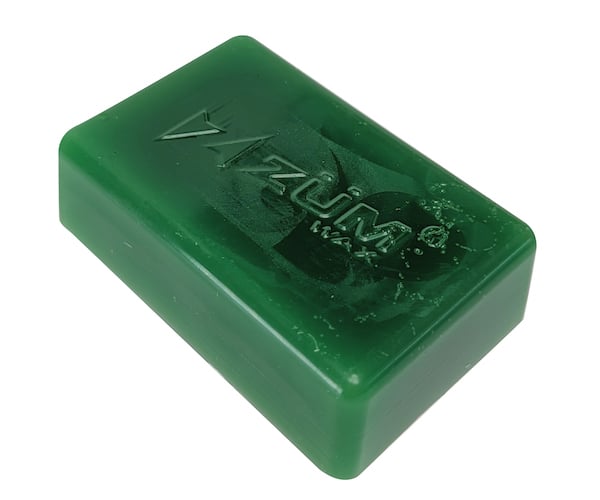
Rub on and paste waxes on the go
Wax makers have developed unique formulas that adhere to the base better than just rubbing on hard wax. By sticking better, they last longer. These waxes come in various application methods, including a rub-on with a cork from ZUMWax and the next-generation paste from SkiFastWax. Best to get a universal, all-temperature blend as it is easier to pack one small item. Like other treatments, ensure the bottoms are dry, preferably at room temperature, and apply and polish with specific instructions. Because they aren’t used hot, expect these treatments to last one snow day at the most. However, these can be applied on the hill if you need extra slide power, as the containers fit easily into pockets.
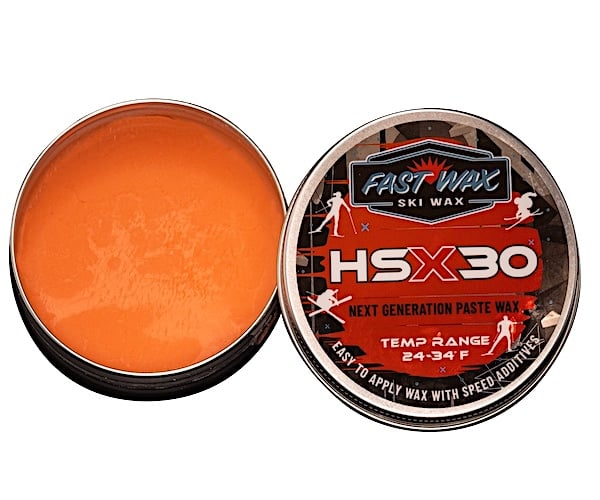
Spray on wax for precise temperatures
If you want a morning treatment for specific conditions, spray-on waxes are the easy ticket. Like the Base Performance Series from Toko, they generally come in three temperature ranges. That makes picking the right one simple by looking at the weather forecast. Spray on a light coat, then let dry. Polish/finish the wax with a copper base brush for two or three strokes down the length of the base from tip to tail. Except for wiping off the skis before application, nothing on your hands or gloves.
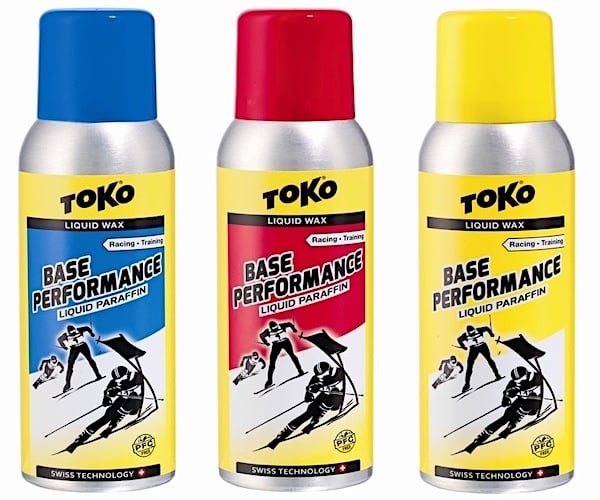
IMPORTANT NOTICE:
If you are reading this article anywhere other than on A Luxury Travel Blog, then the chances are that this content has been stolen without permission.
Please make a note of the web address above and contact A Luxury Travel Blog to advise them of this issue.
Thank you for your help in combatting content theft.
Set the edge right
Professional ski tuners use little tools to lock the angle of the file, so it creates a precise effect. Beveling refers to taking the base and ski edge down a bit, maybe just a degree from the base. This allows the ski or board to roll easier into the turn. This should be done on both the bottom and the side edge. Tools like the BASEbeast and SideofBEAST edge bevel enable you to bevel the bottom while filing, then match the side angle to make a 90-degree angle. The result is the ski or board will ride optimally. Side beveling is often a forgotten aspect of sharpening and setting the edges.
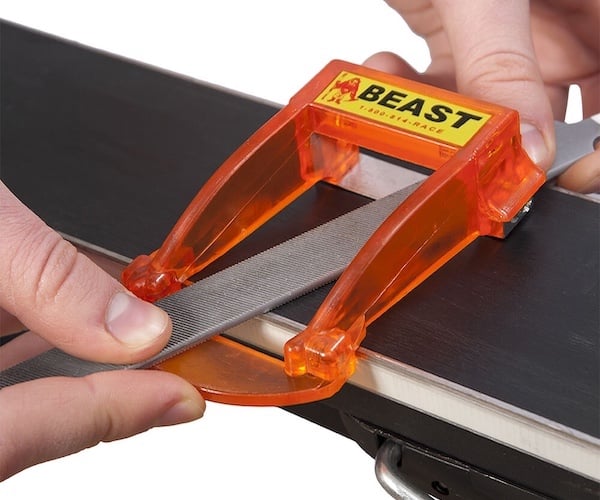

 Lynk
Lynk 































![8 steps to build your account-based marketing strategy [+ recommended tools]](https://www.hubspot.com/hubfs/account-based-marketing.webp)
